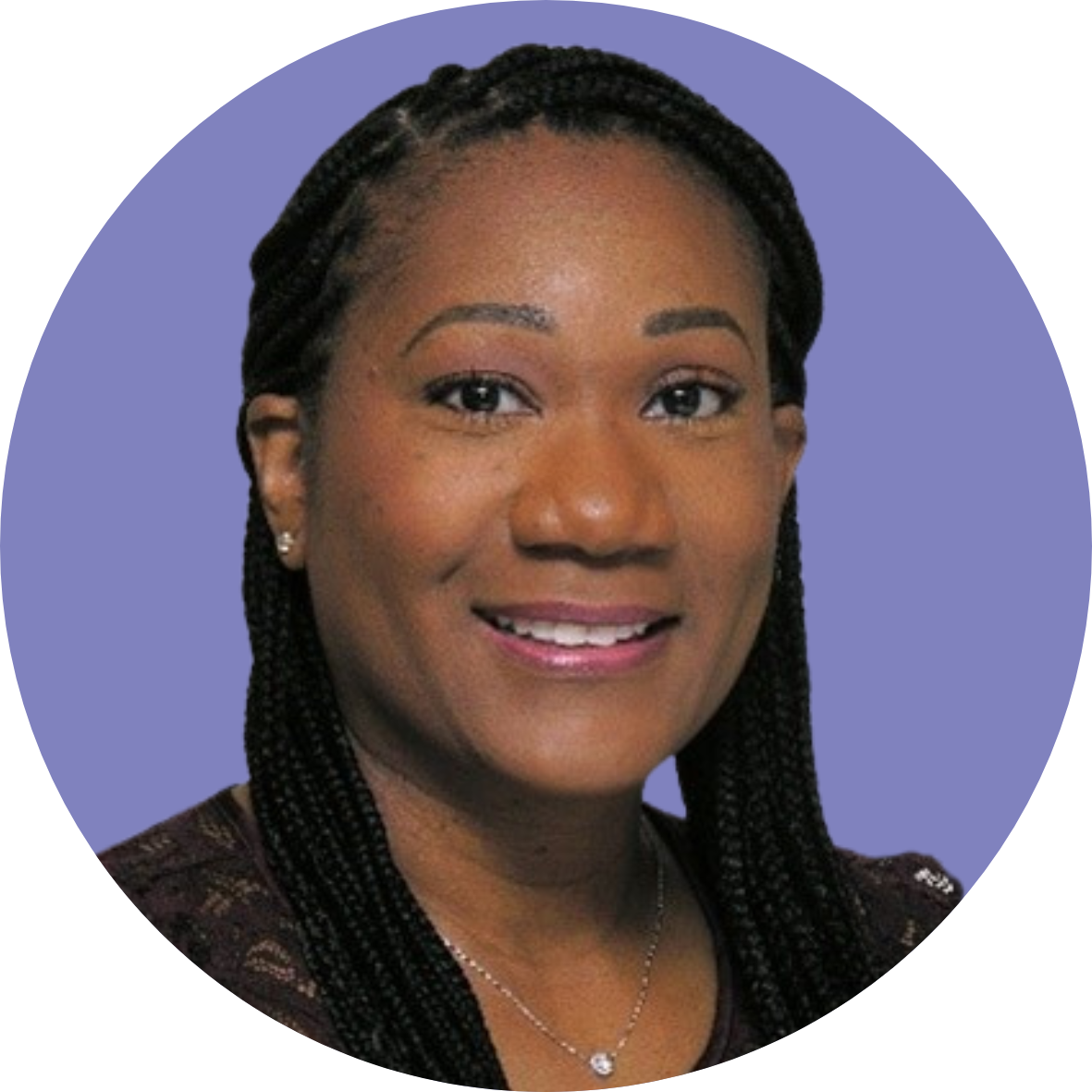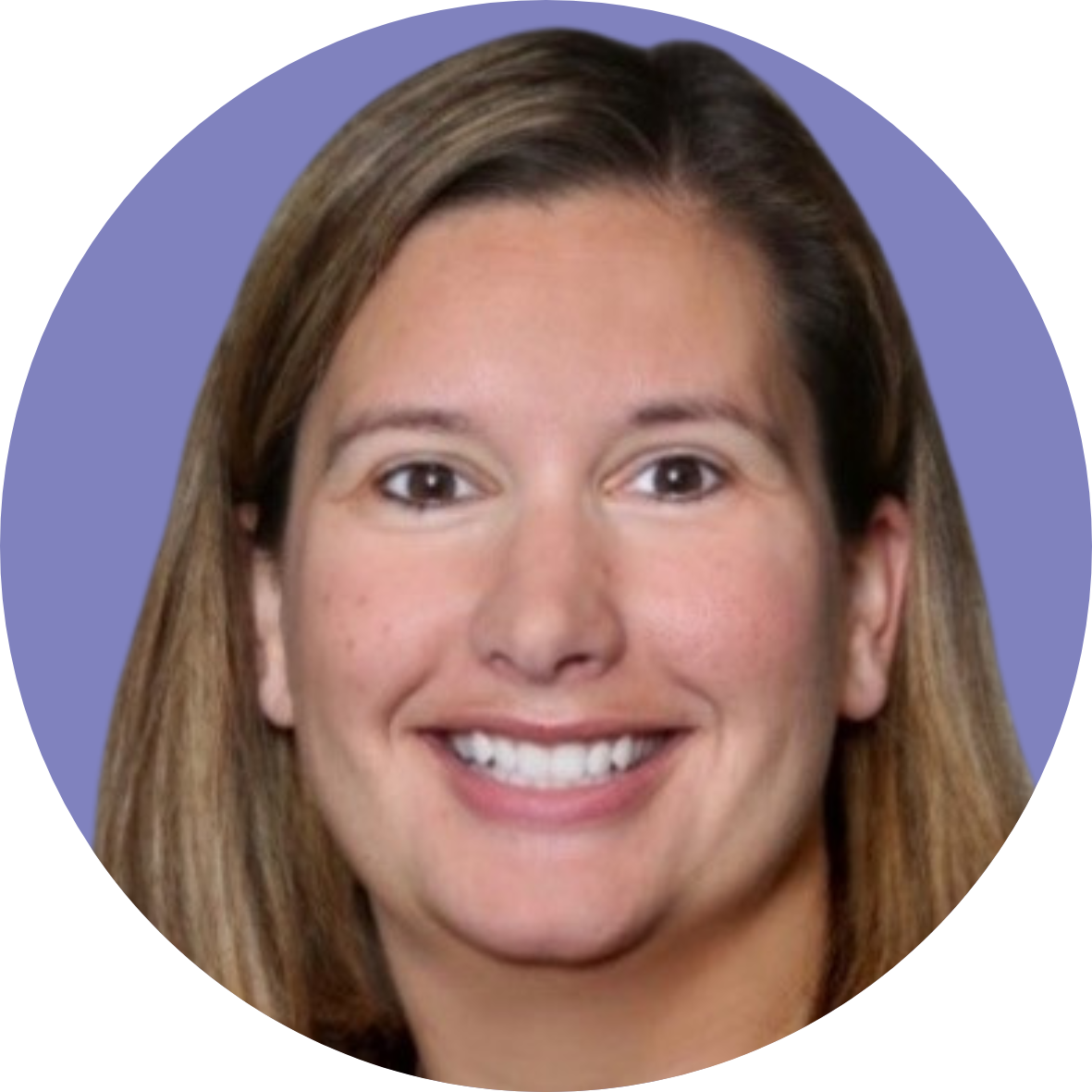In 2016, our nursing professional development and education department within a large nonprofit teaching health system, ChristianaCare, headquartered in Wilmington, Delaware began an initiative to align with the Nursing Professional Development: Scope and Standards of Practice (Harper & Maloney, 2022) after identifying a need to reorganize our department to achieve role standardization, optimize utilization of resources, and create optimal learning outcomes. Prior to this change, work within the educator group was fragmented, reporting structures varied, and roles and responsibilities were different among system and unit-based educators. Unclear and inconsistent expectations, as well as varying levels of accountability, demonstrated a need to restructure and obtain role clarity.
First Steps Toward Standardization
Initial steps included centralizing the reporting structure for all educators by moving these professionals together into one team into the Institute for Learning, Leadership, and Development (iLEAD), which was created to house all of the learning and professional development professionals across the system and identifying a single leader of our NPD and education department, Jennifer Painter DNP, APRN, AOCNS, NEA-BC, NPD-BC, OCN, LSSBB. The newly formed nursing professional development team was now inclusive of both system and local unit-based educators (previously two different departments). Leadership conducted a baseline engagement survey, a gap analysis, and benchmarking site visits to both nursing professional development departments and patient and family health education departments at various health systems across the nation.
Based on internal engagement survey data and additional feedback from other key individuals in the organization, we conducted department retreats, yielding three specific work groups to redesign the educator role, standardize the novice educator onboarding process, and create a more cohesive and engaged NPD team. As a result of the retreats, identified NPD work was clearly categorized into local (unit-based) and system-level work, and a new three-year strategic plan was established to evolve the department into a highly engaged team working to educate and professionally develop nursing staff at all levels.
We rebranded the role of our previous staff development specialists to become nursing professional development specialists (NPDS). The ANPD Scope and Standards define an NPDS as an NPD practitioner who is prepared at the graduate level in nursing or a related field and certified in NPD (Harper & Maloney, 2022). We chose to create a tiered ladder including an NPDS I role, which is equivalent to an NPD practitioner, and an NPDS II role, which is equivalent to an NPD specialist. The NPDS II must be prepared at the graduate level and be certified in NPD. One of the key areas of differentiation is the NPD certification. It is a baseline requirement to have a specialty nursing certification to enter the NPDS I role. To move into an NPDS II role, they need to obtain NPD certification. This additional certification recognizes their new specialty in NPD. In 2018, we developed an additional team leader role to incorporate additional support for the NPDSs who are assigned to unit-level nursing practice areas. These team leader NPDSs are given a quarterly stipend for their additional leadership responsibilities.
Further Defining the NPD Role
In 2020, we created two different job specifications for our NPDSs and advocated for our own clinical ladder within NPD, creating an NPDS I and NPDS II position promoting those nurses who are both master’s prepared and have obtained their NPD certification, becoming experts within the new profession of NPD. This position—called the team lead—is an NPDS II who, while maintaining current position responsibilities, collaborates with the nursing professional development manager to provide leadership, guidance, mentorship, and support to other NPDSs on their team. There is no direct supervision of others or managerial responsibilities.
In December 2021, human resources conducted an external market analysis of pay scales for nursing professional development jobs and a current review of the structure of the department. The objective was to make recommendations for changes based on the analysis. At the time of the assessment, the salary grades from a clinical nurse to an NPD role reflected no increase or in some cases a salary decrease if an acute care registered nurse II or III elected to move into a nursing professional development job. As a result of the analysis and in partnership with compensation, we were able to create a smooth process for an RN to laterally move into an NPDS I role and have the option to promote into an NPDS II role after obtaining NPD certification.
Additional recommendations from the analysis also supported increasing the salary grade of the NPD specialist I and II. This enabled us to further differentiate the advancement. It became a minimum requirement for a team leader to be in an NPD specialist II position before being considered for the team lead role. Initially, when an NPDS would move to a position as team lead, they received a promotion, but since the team lead is a temporary position and can rotate to a new person every two years, the model evolved to providing a stipend during the tenure of the team lead position. This process created a more equitable and motivating compensation structure for nursing professional development roles.
Encouraging NPD-BC Certification
ChristianaCare values professional nursing certification and is committed to alleviating the financial burden associated with preparation, initial testing, and renewal. This is validated through a formal specialty certification policy, an internal organizational intranet resource site specific to providing guidance on the certification processes, and additional reinforcement and aid from the system’s Education, Development and Advancement Professional Governance Council (EDAC). These resources include steps to financial assistance for certification as well as virtual and in-person certification preparation courses. This support ameliorates confusion around the certification process and enables nurses to pursue professional growth without incurring personal expenses.
Kate Zeccola, MSN, RN, NPD-BC, CCRN, a member of the unit-based NPDS team, who recently took the certification exam, initiated a study group for colleagues aiming to obtain their NPD-BC. Utilizing the ANPD NPDS Certification Test Prep Questions and the ANPD scope and standards, this NPDS designed a comprehensive five-week course. The course effectively broke down terminology, delved into theories, and explored practical applications for daily use. It combined didactic learning with scenarios to enhance critical thinking and group participation. The sessions, each lasting two hours, commenced on January 20, 2023.
The study group was structured to foster a collaborative and supportive learning environment. Each session began with a brief review of the previous week's material, followed by an introduction to new concepts. Participants were encouraged to ask questions and engage in discussions to deepen their understanding. The NPDS leading the group facilitated these discussions, ensuring that everyone had the opportunity to contribute.
To make the sessions more interactive, various teaching methods were employed, including case studies, role-playing, and group exercises. These activities helped participants apply theoretical knowledge to real-world scenarios, enhancing their critical thinking and problem-solving skills. Additionally, the group used peer-to-peer teaching, where members would explain concepts to each other, reinforcing their own understanding while helping their peers.
The NPDS leading the study group employed several strategies to accommodate different learning styles and ensure that all participants could benefit from the sessions:
- Varied Teaching Methods: The NPDS used a mix of teaching techniques, including lectures, visual aids, hands-on activities, and interactive discussions. This approach catered to visual, auditory, and kinesthetic learners.
- Personalized Support: After the sessions, the NPDS provided individual attention to participants who needed extra help, providing one-on-one discussions and additional resources tailored to individual needs.
- Flexible Learning Materials: The course materials were designed to be accessible in multiple formats, such as written notes, diagrams, and digital presentations. This flexibility allowed participants to choose the format that best suited their learning preferences.
- Peer Learning: Encouraging peer-to-peer teaching and group work helped participants learn from each other. This method not only reinforced their own understanding but also allowed them to benefit from the diverse perspectives and strengths of their peers.
- Regular Feedback: The NPDS solicited feedback from the group regularly to understand what was working well and what needed adjustment. This feedback loop helped to continuously improve the sessions and address any learning challenges promptly.
- Practical Application: By incorporating real-world scenarios and case studies, the NPDS ensured that theoretical knowledge was linked to practical application. This approach helped participants see the relevance of what they were learning and how it could be applied in their daily work.
These strategies created an inclusive and effective learning environment, helping to boost the overall success of the study group. At the beginning of this initiative, our certification rate was 46%.
As a centralized team, we require clinical specialty certification for all our NPDSs, achieving a remarkable 100% compliance. Additionally, after the specialized focus from Zeccola, we've achieved an impressive 81% certification rate for NPD-BC among eligible NPDS Is. This accomplishment highlights our commitment to professional development and excellence in nursing practice. By centralizing our efforts, we have streamlined the certification process, provided consistent support and resources, and fostered a culture of continuous learning and improvement.
Leveraging NPD Certification for Organizational Transformation
Focusing on our nursing professional development specialists and providing them with resources and an opportunity to advance is one of many achievements we are proud of. Our high certification rate not only demonstrates the dedication and hard work of our team members, but also enhances the overall quality of care we provide. It ensures that our nursing development and education professionals are equipped with the latest knowledge and skills, which translates to better patient outcomes and a more competent and confident workforce. This achievement is a testament to our team's collaborative spirit and our shared goal of advancing nursing practice through professional development. Moving forward, our new five-year NPD strategic plan will emphasize professional development, including ongoing study groups, encouragement, and motivation to obtain the NPD-BC certification.
Disclaimer: The views and opinions expressed in this article are solely those of the contributor and do not necessarily reflect the official policy or position of ANPD. The authors disclosed use of AI in the process of writing this article.

Tamekia Chisholm, MSN, APRN, ACNS-BC, PCCN, NPD-BC
Nursing Professional Development Director, ChristianaCare
Tamekia L. Chisholm earned her BSN from Rutgers University in 1993 and MSN from the University of Delaware in 2009. She is certified as an Adult Health Clinical Nurse Specialist (ACNS-BC), Progressive Care (PCCN), and Nursing Professional Development (NPD-BC). She has worked at ChristianaCare for 28 years and is currently the nursing professional development director. Her primary focus is promoting professional development for nursing in areas of certification, precepting, mentoring, and leadership development. She has coordinated certification efforts at ChristianaCare since 2006—helping nurses obtain and maintain their professional nursing certification. Chisholm is the facilitator for the Education, Development, and Advancement Nursing Professional Development Council. She was also very instrumental in the revisions of the Nursing Clinical Advancement process utilizing a point system, manager approval, and electronic submission through Workday. She is also the team leader for Structural Empowerment Magnet manuscript preparation.

Nikkole Lee, MSN, RN, NPD-BC, CCRN
Nursing Professional Development Manager, ChristianaCare
Nikkole Lee holds both a baccalaureate and a master’s degree in nursing, with a concentration in leadership and a focus on education, from Wilmington University. She is board-certified in critical care nursing and nursing professional development. Over her 16-year career at ChristianaCare, Lee has worked in the progressive care and neurocritical care units. She has served as a nursing professional development specialist and assistant nurse manager in neurocritical care, and later as a complex case manager.
Lee is a member of the Association for Nursing Professional Development (ANPD). For the past two years, she has chaired the education committee for the Delaware Organization of Nursing Leadership (DONL). Additionally, she has been an adjunct clinical faculty member and guest lecturer at the University of Delaware. Lee co-authored an article titled "Clinical and Academic Nurse Education Leadership: Challenges & Opportunities" in the September, October, and December 2023 issue of DNA Reporter.

Jennifer Painter, DNP, APRN, CNS, NEA-BC, RN-BC, OCN, AOCNS, LSSBB
Vice President Nursing Professional Development, ChristianaCare
Dr. Jennifer Painter completed her BSN and MSN degrees from the University of Delaware in 2003 and 2006, respectively, and her DNP degree from Wilmington University in 2018. She received the Audrey K. Doberstein leadership award upon graduation. Dr. Painter is certified in Nursing Professional Development, Nurse Executive-Advanced, Oncology Certified Nurse, and Advanced Oncology Clinical Nurse Specialist. She is also certified as a Juran Lean Six Sigma Black Belt. Dr. Painter has served as associate chief learning officer and vice president of nursing professional development and education for the last eight years. Dr. Painter has been a nurse for 25 years with 22 years’ experience at ChristianaCare. In 2019, she completed the GE Health Management Academy CNO Fellow Program and in 2023 she completed the Executive Education Program from Harvard Business School.